‘Magnolia’ stresses on the stories of nine characters — most of whom are or have been involved in television — over the course of a day in California’s San Fernando Valley. The stories are intermixed and unfold chronologically.
The film opens up oddly, with seemingly unrelated incidents being narrated: Three men hanged in the area of London in which their crimes were committed; a scuba diver is found dead on top of a pine tree, having been grabbed out of the lake he was diving in by a plane, which then delivered him on top of that tree; a suicide which becomes a murder as the jumper falls past the apartment window where his mother, arguing with his father, fires a shotgun out the window, killing her son as he falls. The question arises, are these mere co-incidences or something less random? Are these the random interjections of our universe?
The Performances
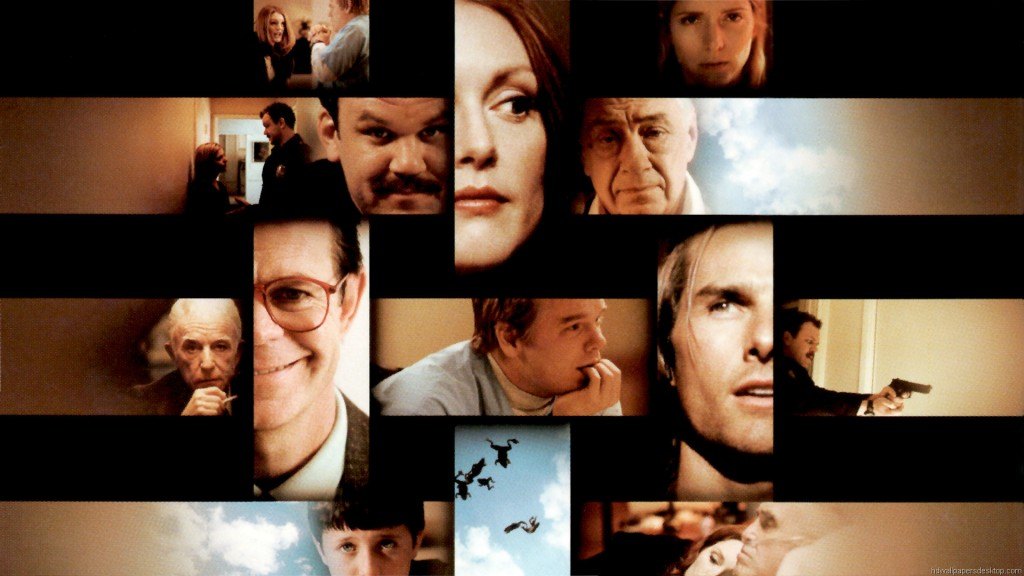
The film packs an ensemble of memorable performances. Tom Cruise barges on the screen as the misogynist TJ Mackay, delivering a powerful sermon to a group of men on the art of seducing their female conquests (Seducing and destroying more precisely), Cruise, in a never seen before fashion, brings bucket loads of energy in this powerful performance. He transcends from a self-absorbed, extremely distasteful feminist’s nightmare to a vulnerable character that evokes a lot of empathy from the viewers. The scene where Mackay’s cocky persona disintegrates in the face of an interview from a TV reporter (April Grace) is enthralling. His last scene where he sits beside his estranged ailing father is noteworthy for the dramatic prowess of Cruise, who lately seems to be typecast and under-utilised in repetitive spy films. But more than anything else, in a film full of lonesome souls, Mackey’s loneliness is so agonizing that he has created the delusional idea of a system that, according to him, will give him a sense of control in this unpredictable world.
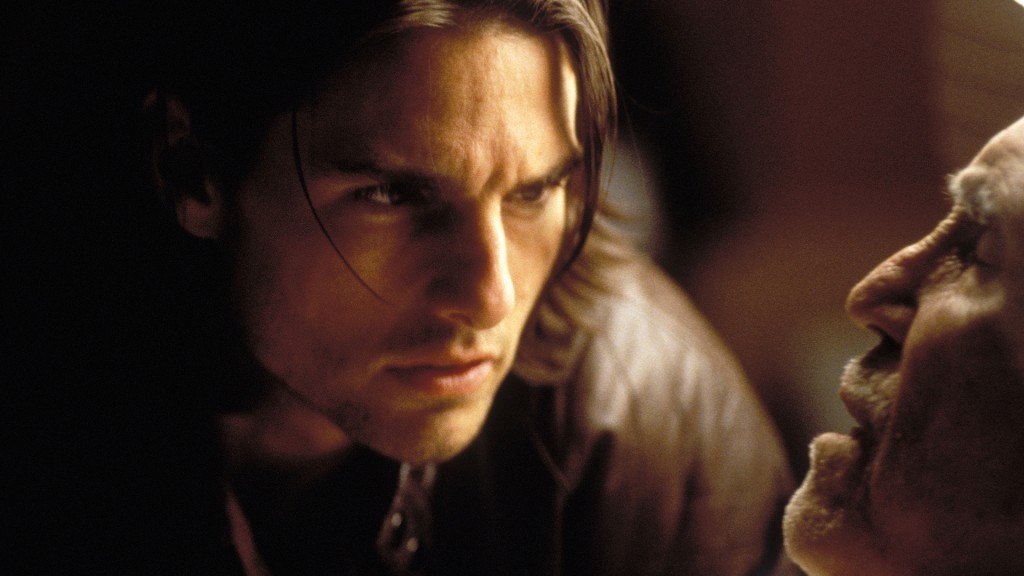
Claudia Gator (Melora Walters) was the most broken of all the characters in the film,. She stayed in her apartment doing drugs and deafening herself with loud music, and indulging in casual sex with random people. She was molested by her father as a child, which damaged her beyond repair; but Reilly’s cop character moves through the film as its guardian angel, taking on the task of repairing her and confronts her in the end. The film ends with Claudia breaking into a smile .It is a moment when all her grief subsides and she’s engulfed in a sense of sanity and security for the first time in her life. Her smile transcends beyond the screen and onto us.
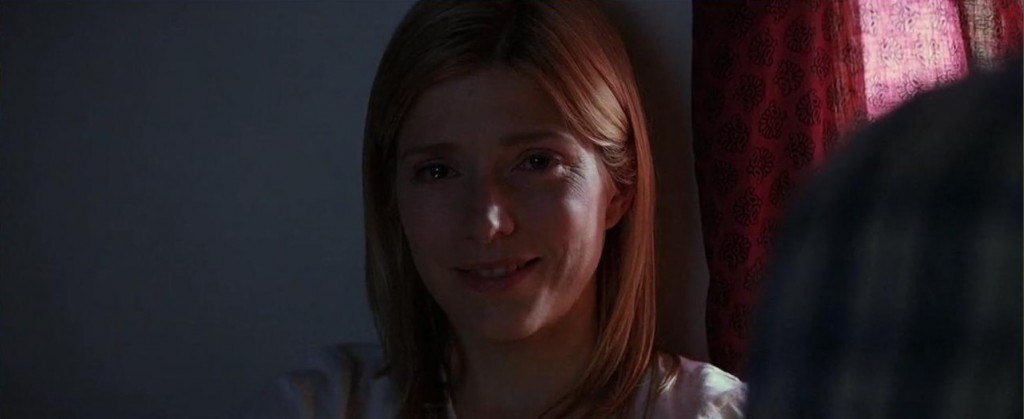
William H Macy is brilliant, playing the” former quiz kid “turned pathetic loser, who believes a corrective dental treatment will lead him to the man of his dreams. Julianne Moore is dazzling as the unloving wife, who is engulfed in an avalanche of emotions, on seeing her husband on the deathbed.
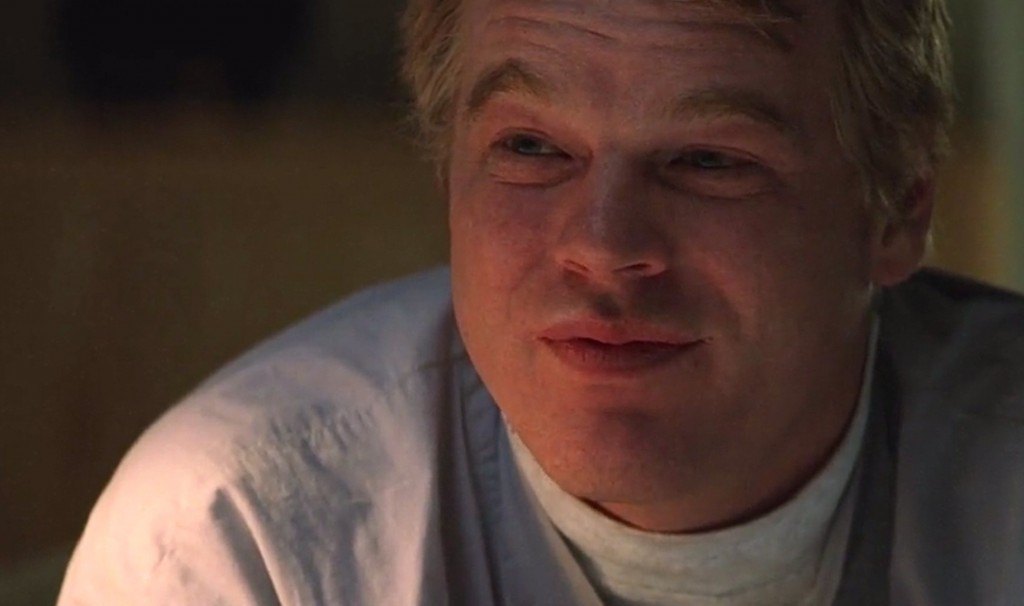
The caregivers are as good as the troubled souls; Phillip Seymour Hoffman’s nurse act is heart-warming. He comes across, as more empathetic towards Robards than even his immediate family. The cop, played by Reilly, is like a breeze that cools off the emotional turbulence. His magnanimity is so evident that he falls instantly in love with the pathetic drug user played by Walters; her need is more perceptible to him than her crime.
The Themes

Magnolia goes beyond the realms of a traditional drama film; it indulges on the interactions of past and present, of chance and causality. In a post modern world that seems entirely focused on the present, it is a film demanding that we look into our pasts if we want to have any chance of redemption from the future.
Magnolia establishes that the random interjections of chance are never as random as they seem to be. There are invisible links that connect us to our past; connects us to everyone around us. The themes explored here are akin to the Butterfly Effect Postulate, where the flap of a wing of a butterfly causes a hurricane in some other part of the world.
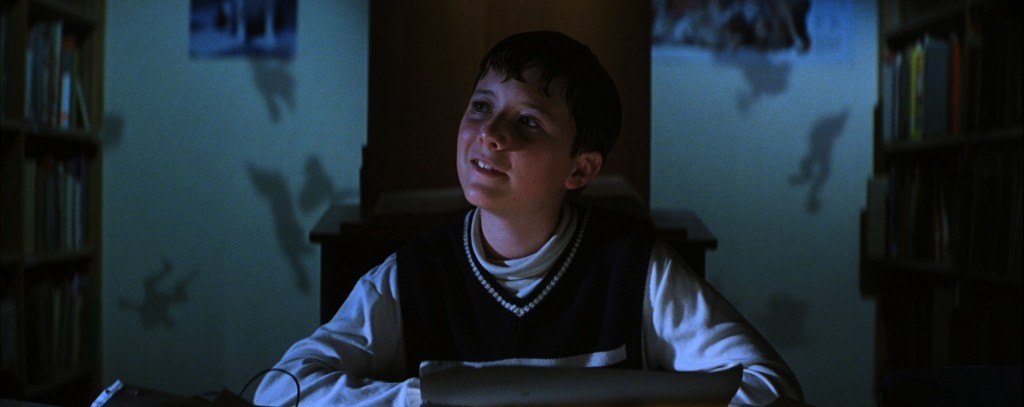
The film meanders in the realms of forgiveness and redemption. The sons and daughters of the film are burdened by the actions of their fathers, damaged beyond the scope of any reparation. It is the tale of redemption of these sons and daughters and how they forgive their father’s actions and find peace after ages. Magnolia gradually blossoms, like the eponymous flower, into one of the rarest, most courageous, innovative and most emotionally enthralling masterpieces of recent times.
Conclusion
Anderson has admitted that “I really feel… that ‘Magnolia’ is, for better or worse, the best movie I’ll ever make”. It breaks away from trend of the cool movies of the decade (read tarantino-esque) without losing on the edginess; it gets cerebral, right into the characters head without any signs of restraint. It is afraid of neither of asking difficult questions, nor elaborating on them. It documents emotional breakdowns and touches on a myriad of issues from incest to infidelity, abandonment to exploitation, identity to forgiveness in a running time of over three hours.


You must be logged in to post a comment.